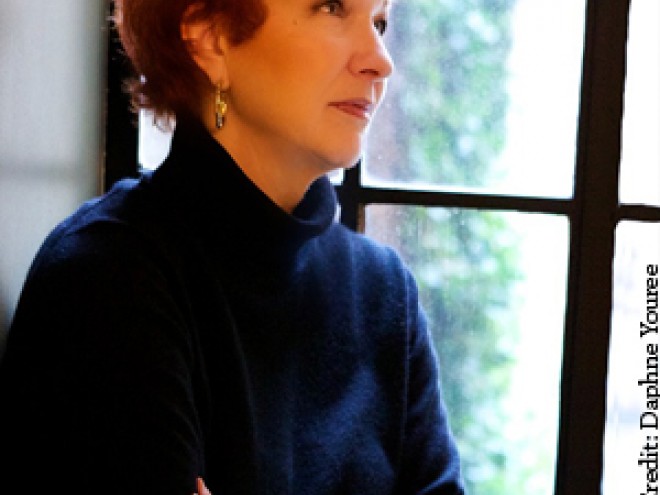A handsome couple sits in the compartment of a train traveling through snowy fields in Poland. She looks out, delighted, remembering sledding as a child. He is cold, uncomfortable, and resentful.
Forty years before, they left Poland separately, young lovers escaping the Warsaw Ghetto. In London, a few years later, they met again. Now married for forty years, he is a successful writer, invited back to Poland to speak at a conference, an invitation he desperately wanted to turn down, just as he rejects everything about Poland. She longs to see the beautiful homeland of her memories again, and so they return.
The stifling intimacy of the train compartment and their hotel room sparks a journey of memory, love, pain, and loss. The beautiful Warsaw Lilka loved and yearned to see again is gone. The anger Jascha can’t bury explodes. Their conflicting emotions and their passion pull them between past and present. Stories long concealed are revealed.
The elegant spacing, carefully wrought language, and handsome typography lend The Train to Warsaw a formality that contrasts with an intensity often hard for its protagonists — and sometimes the reader — to bear. Beneath the visually attractive surface of the novel boil unbearable memories and hard-kept stories. The words of poet Anthony Hecht come to mind: “Merely to have survived is not an index of excellence. / Nor, given the way things go, even of low cunning.” Lilka and Jascha have survived, but they bear the scars and have paid a high personal price. This brief novel leaves a deep impression.
Related Content:
Read Gwen Edelman’s Visiting Scribe Posts
Maron L. Waxman, retired editorial director, special projects, at the American Museum of Natural History, was also an editorial director at HarperCollins and Book-of-the-Month Club.



